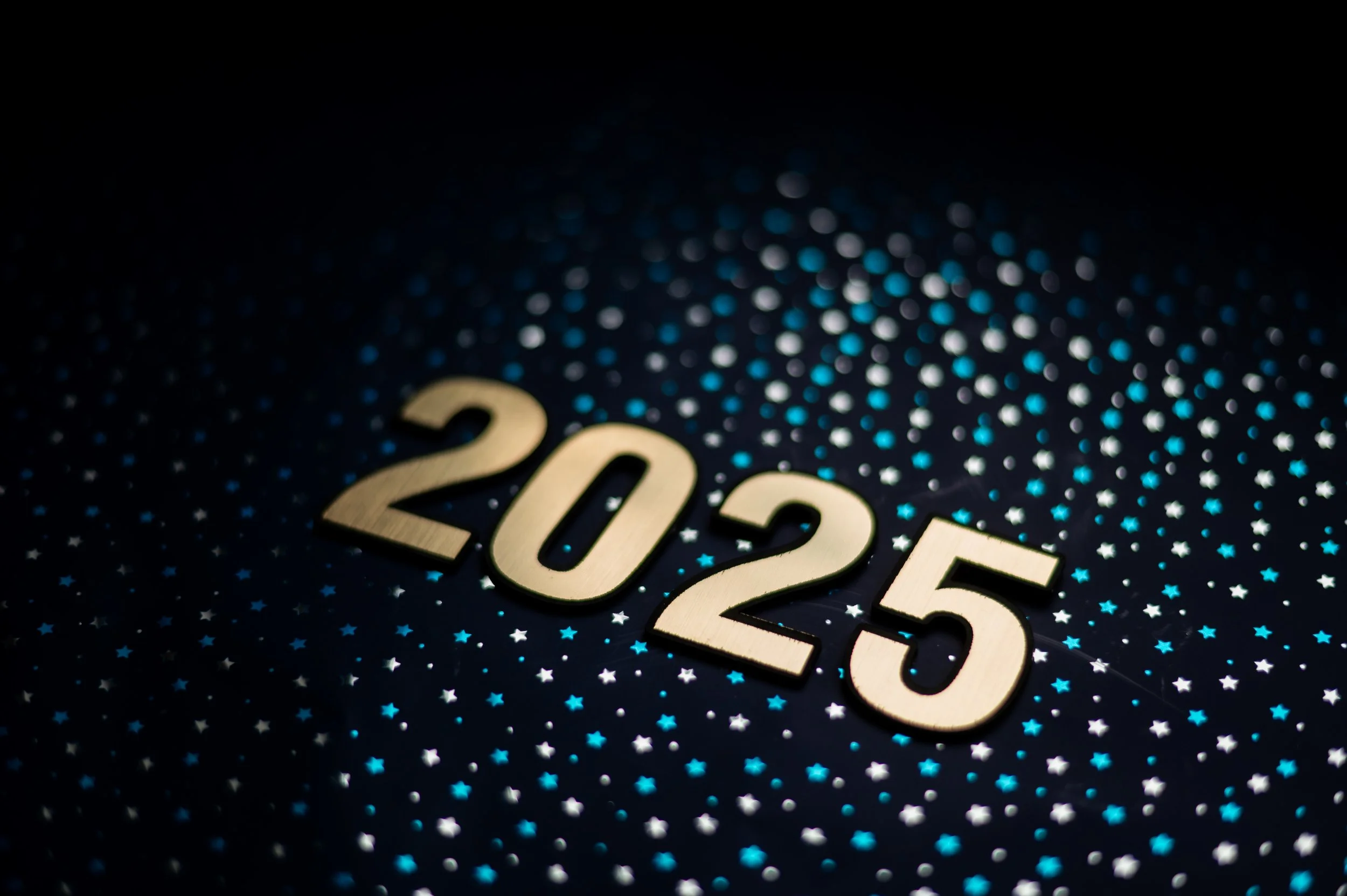Ed and I were honored to have the opportunity to speak with Dan Ariely, James B. Duke Professor of Psychology & Behavioral Economics at Duke University, and New York Times best-selling author of four books. Dan has had a major influence on the thinking of both of us in economic matters, especially in the areas of pricing, decision making, and choice architecture.
We asked Dan
Burning Man, which he tries to attend every year. He explains it's a "gift economy," not a barter economy.
Whether or not he was comfortable with the term "behavioral economics," given that Austrian economist Ludwig von Mises argued that animals behave, but humans act (with a purpose or objective in mind), and they also learn. Dan uses the term "Judgment and Decision Making (JDM) in his first book, Predictably Irrational.
David Friedman says economists assume rationality because it's useful and can predict human behavior about 50% of the time. Dan disputes the 50% figure, and explains why we need to explain failure points and mistakes in human decision making.
The "placebo effect" (Latin for “I shall please"). The term originally explained 14th century sham mourners. People get a larger placebo effect when the price of a pill was communicated to be higher than average.
Do the questions on the hospital in-take forms influence a patient's ability to get well quicker?
The Economist subscription example Dan uses in his book and TED talk, with two and three choices, respectively. Is the "decoy" (or "dominated") option manipulative?
Does Dan believe in the Subjective Theory of Value? He does say that value will never be perfectly objective, but we can do better at measuring it than we do now.
The backwards bicycle video. Dan hadn't seen it, but discusses the power of habits and how hard they are to change.
In The Upside of Irrationality, Dan writes about the concept of "Hedonic adaption": we humans adapt far more quickly than we think.
He also wrote in that book that "the market for single people is the most egregious market failure in Western society." How has Internet dating has influenced this failure? Dan explains since it's based on searchable and quantifiable aspects of people (height, income, etc.) it may not be very predictable of compatibility, like trying to understand how a cookie will taste by reading the ingredients. Humans are not algorithms.
Now that you've studied all of this irrationality, are you more rational? He focuses on habits, traps, and tries to establish rules (e.g., no eating bread).
In The Honest Truth About Dishonesty Dan explains "the fudge factor": people's ability to cheat, up to a point where they can still feel good about their own sense of integrity. He discussed how signing your tax return first would reduce cheating, and gave empirical evidence of how this worked with odometer mileage declarations for auto insurance (people declared 15% more miles when signing the form first).
His latest book, due out May 19th, Irrationally Yours, based on his popular Wall Street Journal advice column, and a new movie on dishonesty coming out May 22.
We highly recommend all of Dan's books, blog, advice column and research.
Dan's Books
Irrationally Yours, his latest, based on his popular Wall Street Journal advice column






